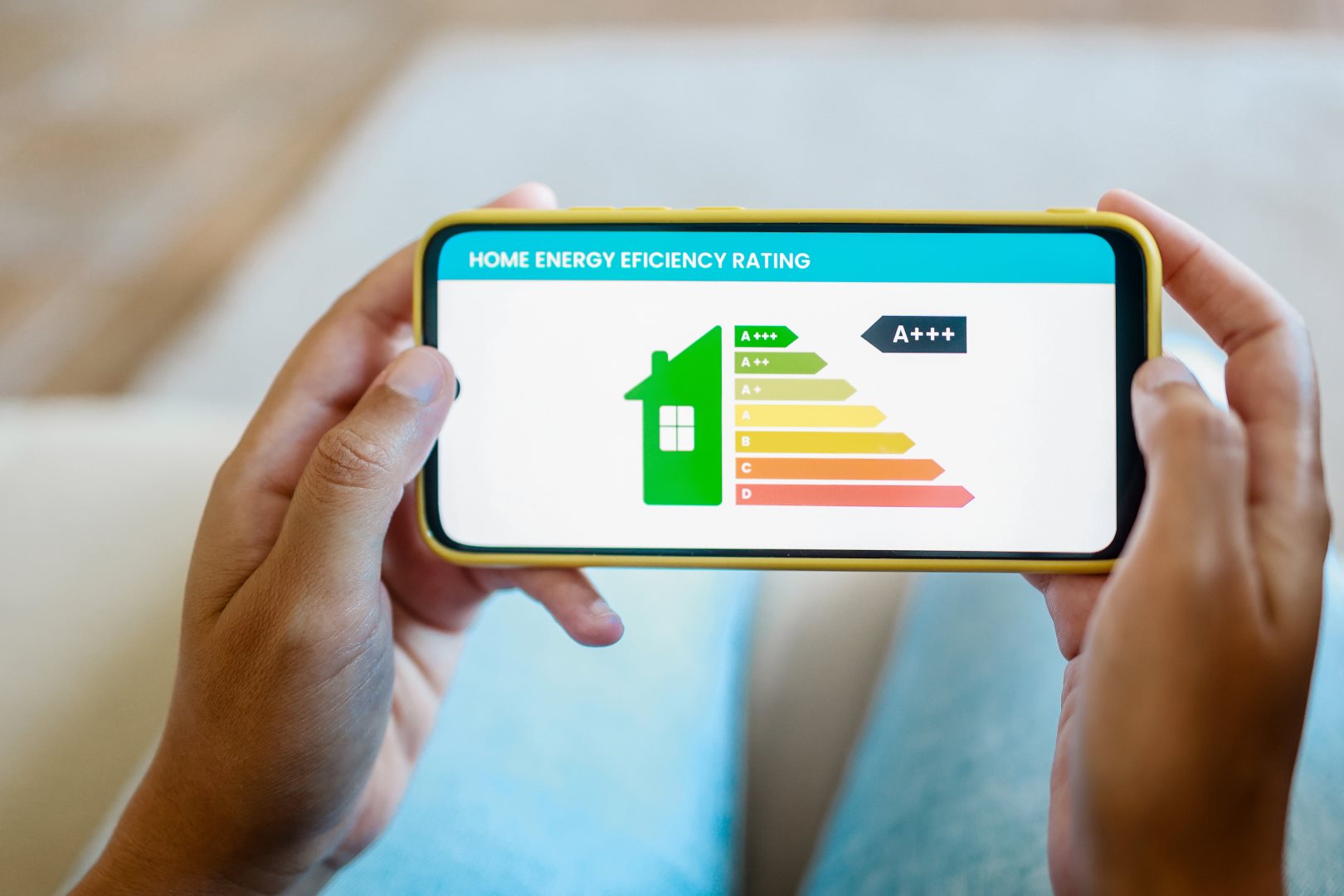
What is Energy Efficiency?
If we have a factory, what can be done to use less energy?
Our planet, approximately 4.5 billion years old, began as a hot and dense gas cloud. As it cooled and evolved, it started to harbor life... Now, the Earth is home to living beings and humanity coexisting. The atmosphere necessary for the survival of these beings serves as Earth's protective shield. This gas cloud, containing gases like carbon dioxide, methane, water vapor, ozone, and nitrogen oxides—collectively known as greenhouse gases—creates the greenhouse effect, which maintains the Earth's average temperature at about 15°C by reflecting sunlight.
As the Earth progressed in a balanced manner, the Industrial Revolution, which began in the 1750s, marked the start of human-induced pollution. The use of fossil fuels increased, and our forests diminished.
Consequently, the rise in greenhouse gases that protect our world and us reached such a level that climates began to change. With climate change, temperatures rose, leading to increased droughts, floods, severe hurricanes, rising sea levels, and melting glaciers. Predictions started emerging regarding how many years our livable world could endure. This situation necessitated action from humanity; it became evident that in addition to collective efforts, individual initiatives needed to be developed, prompting work on many solutions.
Energy efficiency is one of the most critical solutions among these. There is an existing level of consumption, and it needs to be reduced. For example, if you own a factory and have a consistent level of production, you need to find a way to maintain that production level and quality while using less energy. Or, if you run a service business where guests come for your services, you need to ensure that your service quality remains unchanged while using less energy. This is where true engineering begins.
So, what can we do if we have a factory to use less energy? Perhaps we should improve the efficiency of boilers or ovens to reduce fossil fuel consumption, or we need to recognize that compressed air is a form of energy and check if our processes are outdated.
If we have a service facility, what can we do to use less energy? We might need to inspect the exterior insulation of our building, examine the heating and cooling limits, check the accuracy of our lighting equipment, or identify any disproportion between working hours and energy consumption that needs to be resolved.
But we must do something! This world is not just ours; it is the legacy of all living beings and our children, and we must act for them…
From a more technical perspective, just as we cannot compare apples and oranges, we cannot compare natural gas and electricity directly. However, with the introduction of the concept of TEP (Ton Equivalent Petroleum), we can now gather all energy inputs, leading to the classification of businesses based on TEP. The sector was divided into "buildings and industry." Following these concepts, the need for experts who can speak the same language led to the emergence of energy management. Those who became energy managers were typically engineers who underwent a program consisting of theoretical and practical training, followed by exams, earning an energy manager certification upon success.
Additionally, as part of this framework, creating Energy Identity Certificates to classify the energy usage of our existing buildings has become a crucial aspect of energy efficiency. With criteria ranked from A to G, steps have been taken to ensure that buildings meet standard conditions.